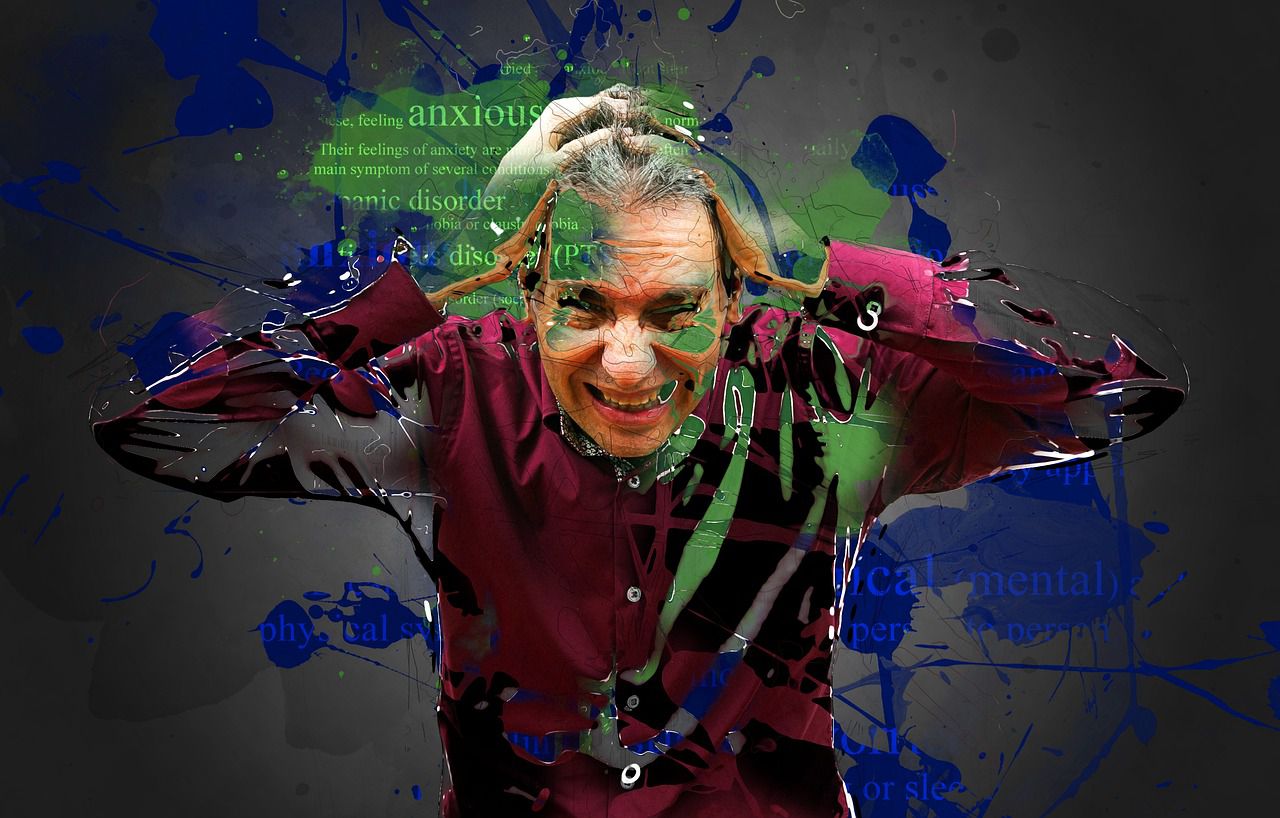Fight your anxiety: Tips that can actually help you
Fighting anxiety involves adopting a combination of strategies that can help you manage and alleviate its symptoms.
Keep in mind that while these techniques can be effective, it's important to consult with a mental health professional if your anxiety is severe or interfering with your daily life.
Here are some approaches you can consider.
Practice Deep Breathing
Deep, slow breathing can help calm your nervous system and reduce anxiety.
Try techniques like diaphragmatic breathing, where you breathe deeply from your abdomen rather than shallowly from your chest.

Practice Mindfulness and Meditation
Mindfulness techniques and meditation can help you stay present and reduce excessive worrying.
Mindfulness involves observing your thoughts and feelings without judgment.
Meditation can promote relaxation and improve your ability to handle stress.
Regular Physical Activity
Engaging in regular exercise can reduce anxiety by releasing endorphins, which are natural mood lifters.
Activities like walking, jogging, yoga, or dancing can be beneficial.
Maintain a Healthy Diet
Eat a balanced diet rich in whole foods, lean proteins, healthy fats, and plenty of fruits and vegetables.
Avoid excessive caffeine and sugar, as they can contribute to anxiety.
Adequate Sleep
Prioritize quality sleep by establishing a regular sleep routine, creating a comfortable sleep environment, and avoiding stimulants before bedtime.
Limit Stimulants
Cut down on caffeine and nicotine, as they can increase feelings of anxiety and restlessness.
